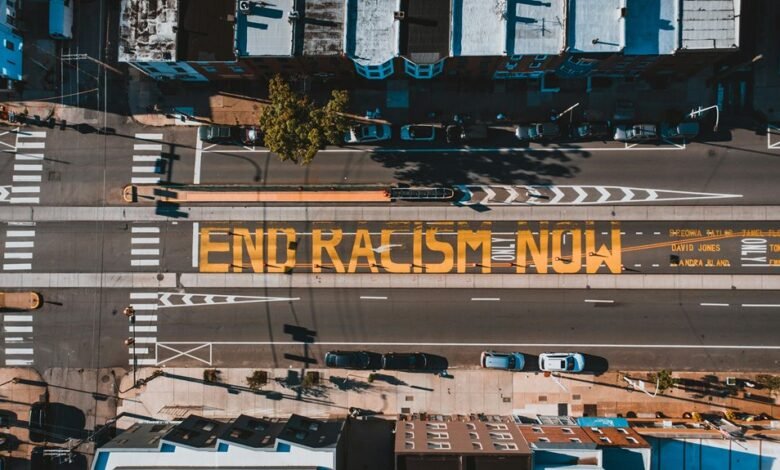730701557 Silent Call Surge During Campaign Period

The surge of silent calls from the number 730701557 during the campaign period highlights a troubling trend in electoral communication. These calls, often generated by automated systems, contribute to voter frustration and raise questions about the ethics of campaign outreach. As political organizations prioritize efficiency, the implications for public trust and civic engagement become increasingly significant. The effects on voter perception merit further examination, particularly regarding potential remedies and regulatory responses.
Understanding Silent Calls: What Are They and How Do They Occur?
While silent calls might seem innocuous at first glance, they represent a significant issue within telecommunications, particularly during high-traffic periods like election campaigns.
These occurrences often stem from automated dialing systems, where call technology initiates numerous calls simultaneously. When no available agents can answer, recipients are left with silence, raising concerns about consumer rights and the integrity of communication practices in an increasingly automated landscape.
The Connection Between Silent Calls and Election Campaigns
As election campaigns intensify, the prevalence of silent calls tends to rise significantly, primarily due to the increased use of automated dialing systems by political organizations.
The silent call origins can be traced to aggressive campaign strategies aimed at maximizing outreach.
These systems, while efficient, often result in disconnection, raising concerns about the ethical implications of utilizing such technology in the electoral process.
Voter Impact: How Silent Calls Influence Public Perception
The rise in silent calls during election campaigns not only reflects the aggressive tactics employed by political organizations but also significantly shapes public perception of the electoral process.
This phenomenon influences voter behavior, as frequent interruptions can lead to frustration and distrust.
Consequently, public sentiment may skew negatively towards candidates associated with such tactics, potentially altering electoral outcomes and diminishing civic engagement.
Potential Responses: What Can Voters and Regulators Do?
What measures can be implemented to counter the surge of silent calls during election campaigns?
Enhanced voter education initiatives can inform citizens about their rights and reporting mechanisms.
Simultaneously, robust regulatory measures must be enforced to monitor and penalize offenders.
Conclusion
In the shadow of campaign fervor, the relentless barrage of silent calls from 730701557 echoes through the electorate, creating a dissonant symphony of frustration and distrust. As voters grapple with the implications of these automated intrusions, the integrity of democratic engagement hangs in the balance. The silence from the other end of the line amplifies a growing unease, urging stakeholders to seek solutions that restore clarity and respect in political discourse, lest the electoral process be overshadowed by noise.





